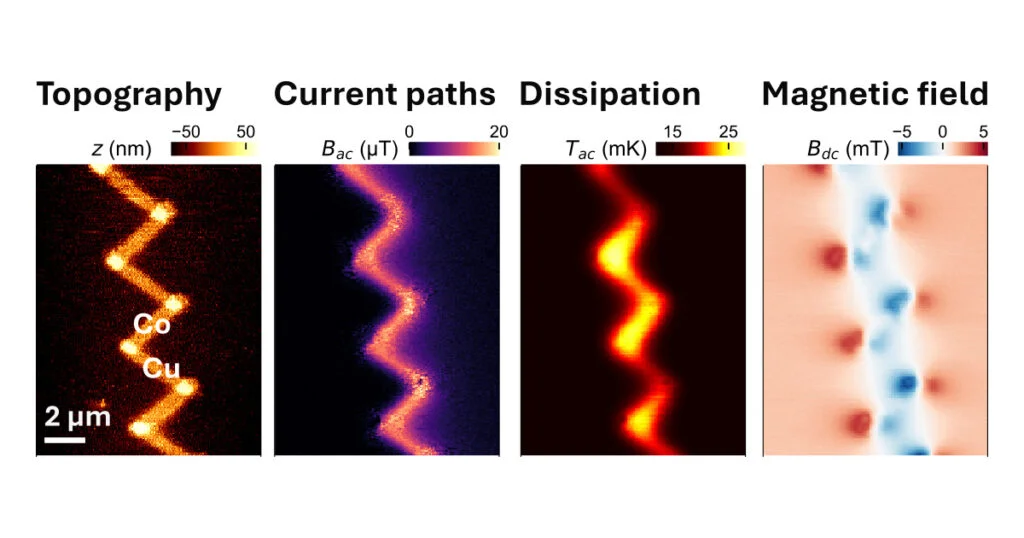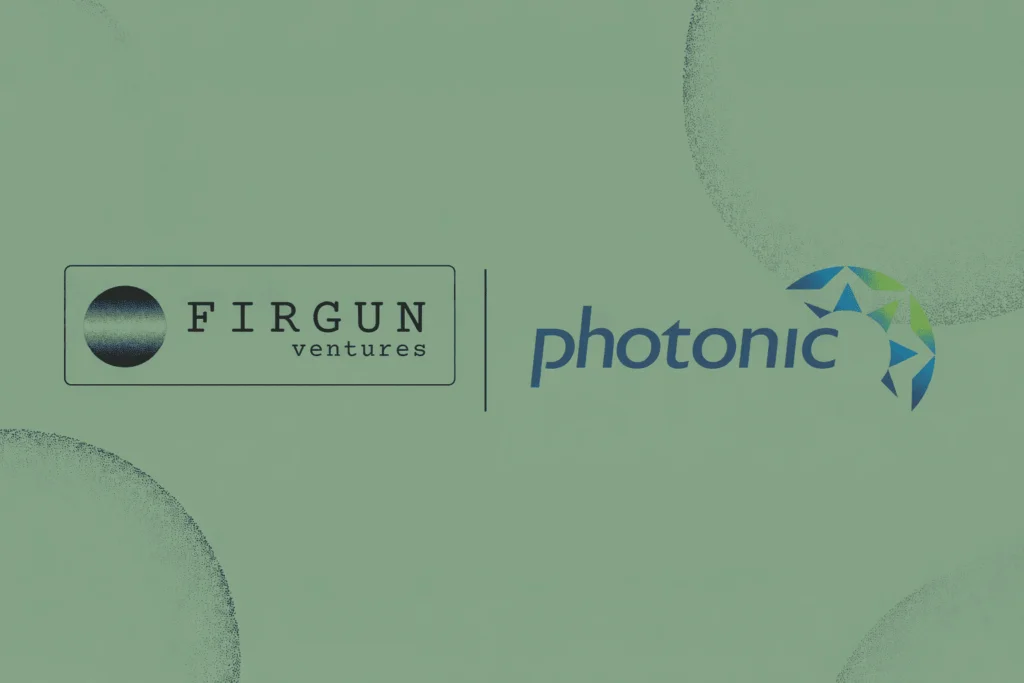Insider Brief
- According to the White House, Quantinuum and Al Rabban Capital finalized up to a $1 billion joint venture that will be used to invest in quantum technologies and workforce development in the United States and Qatar, marking one of the largest quantum deals to date.
- The agreement is part of a broader $243.5 billion package of commercial deals between the U.S. and Qatar, including major aerospace, energy, and defense contracts.
- The White House said the quantum investment will support U.S. jobs and strengthen American leadership in emerging technologies.
Quantinuum has secured what may be the largest single deal in the quantum computing sector to date — finalizing an up to a $1 billion joint venture agreement with Qatar’s Al Rabban Capital to expand quantum technologies and workforce development in the United States, according to a White House statement and fact sheet.
The agreement, announced in Doha as part of a broader U.S.-Qatar economic summit, will fund advanced quantum research and bolster U.S. job creation in a field that national security officials and scientists say is critical to long-term American technological leadership. The joint venture also reflects how emerging technologies like quantum computing are moving toward the center of global investment strategy and geopolitical alignment.
According to the White House fact sheet, the Quantinuum-Al Rabban venture is aimed at building next-generation quantum capabilities inside the U.S., including state-of-the-art hardware, software, and secure communications. The deal also emphasizes training and workforce development, a move that aligns with growing concerns that the quantum field may face a shortage of skilled workers as systems approach commercial viability.

The investment from Al Rabban Capital — a private investment firm with a growing profile in science and technology — is part of a $243.5 billion package of commercial agreements between U.S. and Qatari entities announced during President Donald J. Trump’s visit to the Gulf state.
Quantum First in a Wave of Mega-Deals
While the White House statement highlighted major defense, aerospace, and energy agreements, the quantum deal was significant as one of the primary deep tech deals mentioned in the announcement. Quantinuum, which is majority owned by Honeywell and has been aggressively expanding its U.S. footprint, is one of the few companies operating across the full quantum technology stack — from hardware to algorithms.
According to the fact sheet, the quantum partnership will “support U.S. jobs and leadership in this critical emerging technology.”
Details on where the investment will be deployed were not immediately revealed in the statement.
Please refer to Quantinuum’s release for the company’s statement on the announcement.
Largest-Ever Aerospace Order Anchors the Package
The bulk of the day’s investment headlines were dominated by a $96 billion order from Qatar Airways to purchase up to 210 Boeing aircraft, including 787 Dreamliners and 777X jets powered by GE Aerospace engines. The White House said the deal is Boeing’s largest widebody order ever and includes the largest 787 purchase in history.
According to the administration, this aircraft deal will support more than 154,000 jobs annually and over 1 million jobs across the contract’s lifetime. Boeing’s manufacturing and assembly lines in states such as Washington, South Carolina, and Kansas are expected to see a major uptick in activity as a result.
Energy, Engineering, and Defense Also in Focus
In addition to aerospace and quantum technologies, the White House highlighted a series of engineering and defense contracts intended to expand U.S. industrial reach and defense readiness. McDermott, a Houston-based engineering company, is leading $8.5 billion worth of projects with QatarEnergy, serving as the sole provider of offshore components for a major liquefied natural gas expansion.
Parsons Corporation was awarded up to $97 billion across 30 projects, reinforcing U.S. leadership in large-scale engineering and digital infrastructure projects. These contracts, according to the fact sheet, support thousands of jobs and reflect Qatari demand for American expertise in infrastructure and innovation.
On the defense front, Qatar has agreed to purchase U.S.-made counter-drone and remotely piloted aircraft systems. Raytheon, an RTX business, secured a $1 billion agreement to provide FS-LIDS counter-drone systems, while General Atomics will supply the MQ-9B unmanned aircraft in a deal worth nearly $2 billion.
The U.S. and Qatar also signed a statement of intent covering more than $38 billion in future defense investments, including plans for maritime security and base operations at Al Udeid Air Base.
Trade Surplus and Strategic Vision
Qatar’s expanding investment footprint in the U.S. spans sectors including hotels, IT, advanced manufacturing, and energy. In 2023 alone, Qatar’s greenfield investments in the U.S. reached $3.3 billion. The White House reported that these flows have consistently generated trade surpluses for the U.S., with $3.8 billion in U.S. exports to Qatar in 2024 against $1.8 billion in imports.
Starting in 2019, QatarEnergy initiated $18 billion in U.S.-based energy infrastructure projects, partnering with ExxonMobil and Chevron Phillips to build and operate major facilities in Texas. These projects, the White House said, are helping to strengthen both energy security and the U.S. industrial base.
The administration described Qatar as the United States’ 12th largest Foreign Military Sales partner, with active contracts totaling more than $26 billion.
The White House framed the full day of agreements as a sign of enduring alliance and mutual benefit: “Qatar has made significant investments in the United States across hotels and tourism, financial services, technology, healthcare, and energy, with plans to invest even more over the next five years. These investments strengthen the U.S. economy by supporting good-paying jobs for millions of American workers, expanding U.S. exports, and funding research and development.”















